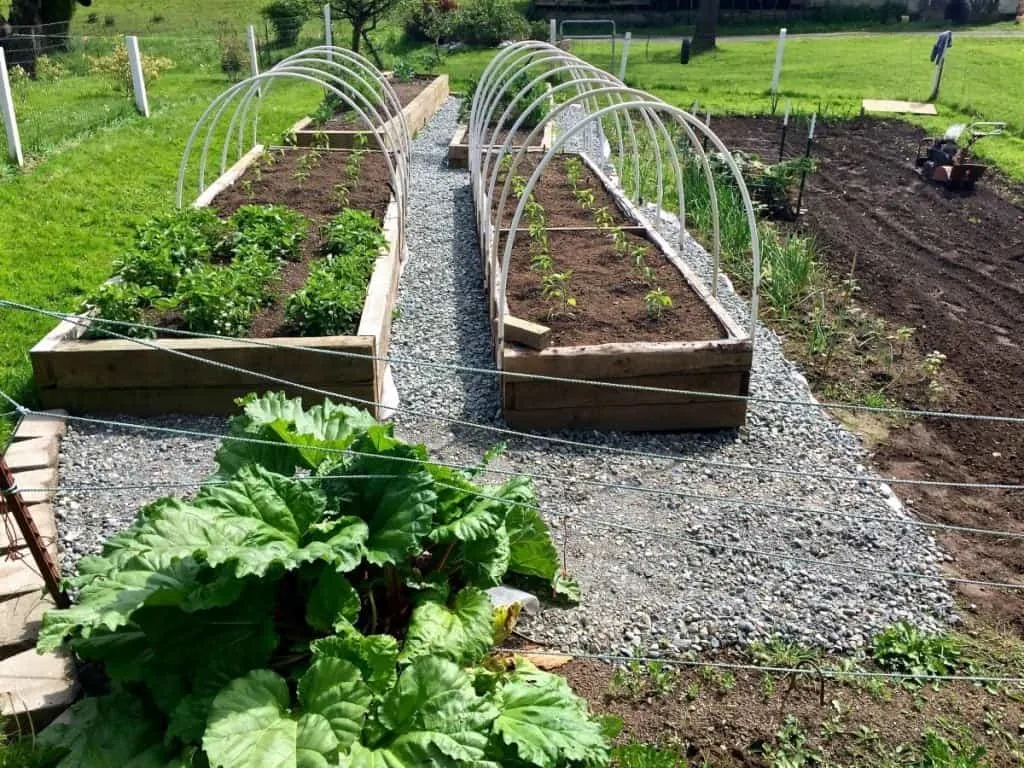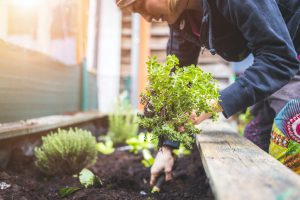Creating a successful garden is an age-old pursuit that many people are passionate about. To achieve success, it takes dedication, creativity, and knowledge of the basic principles behind creating a sustainable and attractive space. From selecting the best plants for your climate to understanding soil composition, there are many elements that must come together to make a thriving garden. In this article, we’ll explore what makes a garden successful, from soil preparation to pest control and proper watering techniques.
Design: Layout and Plant Placement
Layout and Plant Placement is a key components of creating a successful garden. A well-planned layout can help maximize the potential of a space, while strategically placed plants can bring color and texture to your outdoor space. Good garden design should consider how the different elements – from walkways to flowering shrubs – interact with each other, as well as how they are arranged in relation to the architecture of the house.
When designing a garden, it’s important to consider what features will be most beneficial for you and your family. If you want an area for entertaining or relaxing, for example, hardscape elements like decks or patios may be necessary, while if you prefer growing vegetables and herbs raised beds might be more suitable.
Soil Preparation
Soil preparation is one of the most important components in creating a successful garden. Poor soil can lead to a lack of nutrients and poor drainage, both of which contribute to an unhealthy garden. Taking the time to properly prepare your garden’s soil before planting will ensure that it has all the necessary nutrients and good drainage needed for lush plant growth.
The first task when preparing your soil is testing the pH levels. This should be done every year as variations in climate conditions can cause changes in acidity or alkalinity levels. The ideal pH level for most plants is 6-7, but this range may fluctuate depending on what you are planting. Once you know the optimum levels for your desired plants, you can adjust as needed with either commercial pH balancers or natural products like compost tea or wood ash.
Watering and Fertilizing
A successful garden requires more than just dirt and seeds. For plants to thrive, proper watering and fertilizing techniques need to be employed. Gardeners must pay close attention to the needs of their plants in order to ensure they’re receiving enough water and nutrients.
Watering is essential for plant health as it helps them absorb nutrients efficiently, encourages root development, and keeps the soil structure intact. But over-watering can be just as detrimental as not watering enough; too much water can cause root rot or fungus growth. Gardeners should start by researching their type of plants and how much water they require, then adjust accordingly based on the natural environment. Additionally, adding mulch around the base of a plant can help retain moisture in the soil for longer periods of time.
Pest Control
Pest Control is an essential part of gardening. Without proper pest control measures, gardeners can easily be overwhelmed by pests that damage their plants and crops. In order to achieve a successful garden, it is important to understand the importance of pest control and what steps need to be taken in order to keep pests out.
One way to prevent pests from entering your garden is by using physical barriers such as fencing or netting around the area. This prevents some insects from accessing the plants, while also preventing larger animals like deer and rabbits from grazing on them. Additionally, spraying plants with natural repellents has been known to help deter certain types of insects from settling in your garden. If these methods are not enough, then additional products such as insecticides may be necessary for more serious infestations or for certain types of pests that are harder to remove with other methods.
Seasonal Maintenance
Gardening is a great way to enjoy nature and create a beautiful outdoor area for you and your family. However, gardening can be a lot of work! To ensure that your garden remains successful throughout each season, there are some important maintenance practices that need to be followed.
Seasonal maintenance is essential for the health of your garden. Depending on the time of year, this could involve activities such as planting new flowers in springtime to adding extra mulch for insulation during winter months. It’s also important to periodically check for weeds and pests throughout the year so that any potential problems can be quickly addressed before they become an issue. Additionally, providing adequate water and fertilizing plants as needed will help keep them healthy and looking their best all year long.
Conclusion
The conclusion of the article, “What makes a garden successful?” is that having a successful garden requires a combination of effort, knowledge, and resources. With these three elements combined, any gardener can create and maintain an attractive outdoor space full of healthy plants. Gardeners should be aware that no two gardens are alike—what works for one will not always work for another—and they should adjust their practices accordingly. However, with some basic preparation and maintenance tips in mind, anyone can enjoy the fruits (and vegetables!) of their labor when they have a successful garden.






Be First to Comment